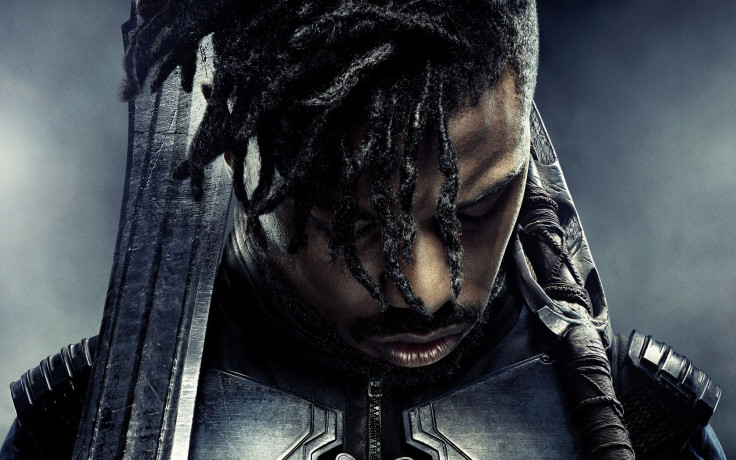One of the very few adverse effects left in the wake of the efforts of Dr. Martin Luther King and Malcolm X is the highly mythologized disparity of ideals cited between the two. We've become obsessed with compartmentalizing black activism into two distinct camps; each a purported extension of two men whose moral positions are, in truth, much more compelling than the corny yin and yang trope that now espouses their legacy.
In the cheapest of terms, Dr. King has become synonymous with the God-fearing egalitarian approach (a detractor might say subservient) while Malcolm X has become a pillar of radical charisma (a detractor might say militant). However accurate you feel these characterizations to be our fiction has long since made up its mind on the matter, as evidenced by our literature, films and, most recently, Marvel’s Black Panther.
“ Killmonger was right!” is en route to becoming the “ Why so serious?” of our latest “transformative” blockbuster, only this time around there's a layered pretext. The film challenges the idea of racial solidarity, finding our hero and villain more or less on the same page, each realising the future they want for Wakanda with vastly contradicting tactics. T’Challa wishes to achieve civil harmony by means of consultation and diplomacy. Killmonger favors more of an “ends justifies the means” consequentialism. The film goes out of its way not to moralize too heavily, instead authoring a welcomed ambivalence in the minds of audiences that have a care for this sort of thing. Intellectually, I fall pretty close to the middle.
There are certain aspects leached onto Black Culture we could stand to do away with, namely theology. That’s what I gleaned from Killmonger’s antipathy towards tradition, solidified by his last lines of dialogue. Whether it be tradition or a literal god, serving either too rigidly (or truth be told at all) is a shameful lateral move, when one considers black history. Our liberation was not achieved easily and thus should not be relinquished so carelessly.
On the other hand, tribalism has proven to be the most unassailable (and toxic) leftover from the Stone Age. We have an inherent desire to cling and fend for our own, despite how illusory and, more importantly, regressive that sort of thinking actually is. In a world that has no interest in our well being, it’s impossibly tempting to find solace in what amounts to little more than superficial details and mysticism.
Dr. King, unwittingly established the quintessential black leader. In many ways, to be taken seriously in the community you have to fall in line with the archetype he embodied. Charismatic, sharp dresser that knows how to turn a phrase and tout a bible. Killmonger’s popularity is very much congruent with the shift happening with younger generations. As reason and evidence continues to plunge a wedge between thought and the vulgar fairy tales featured so proudly in the faith, the chaste and silver-tongued shepherd of the black community is beginning to feel more and more outmoded. Freedom of thought is in vogue in a way it never has been before. On balance, the undercurrent rejects the itch to answer to any master, be it faith, be it expectations, be it the community itself.
Was Killmonger right? I believe that to be the wrong question.


















